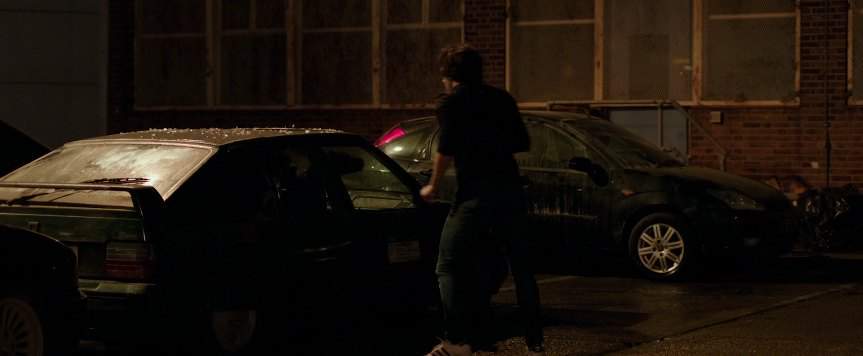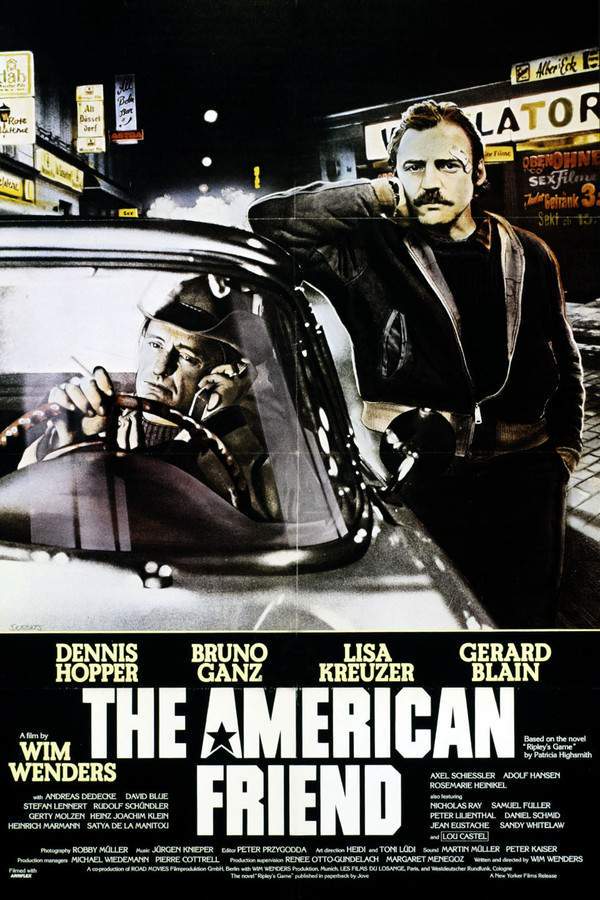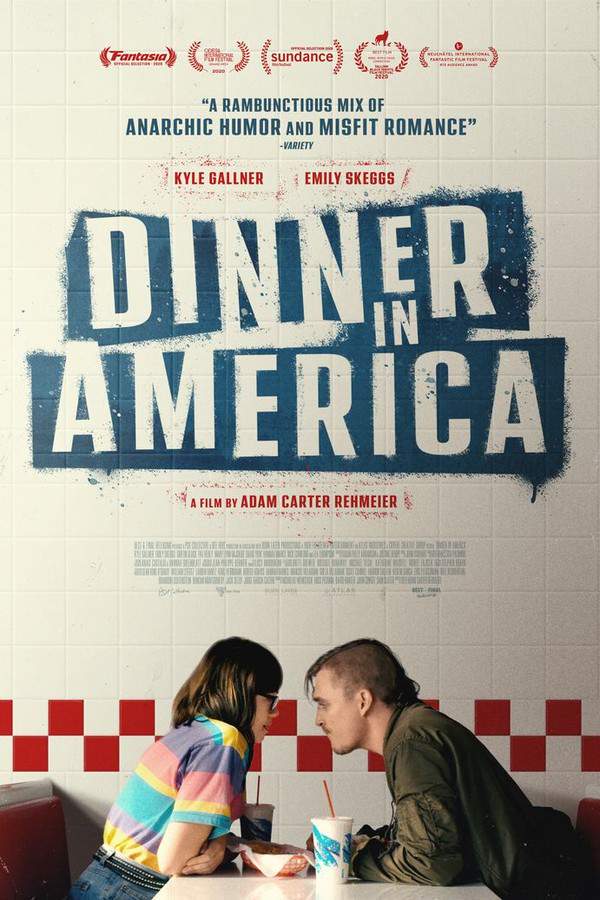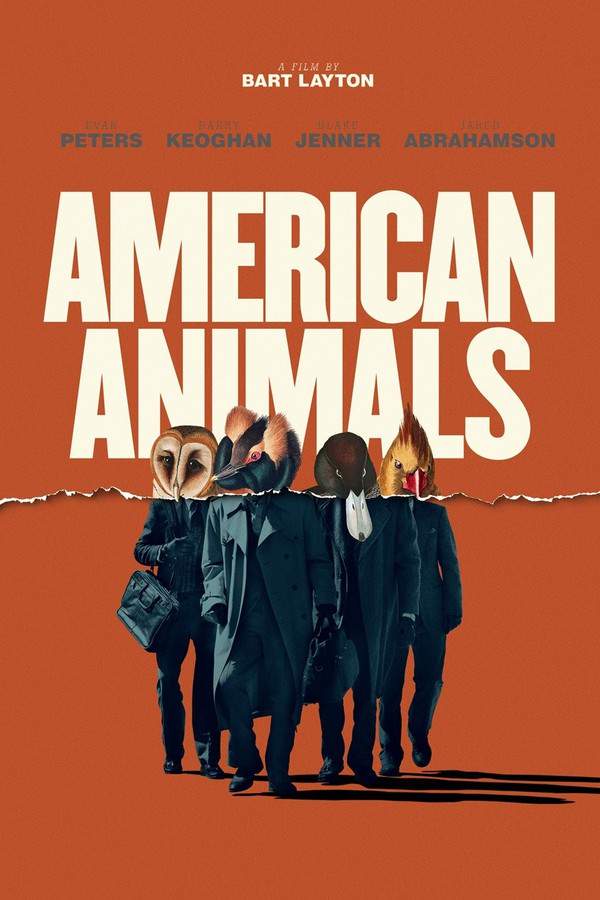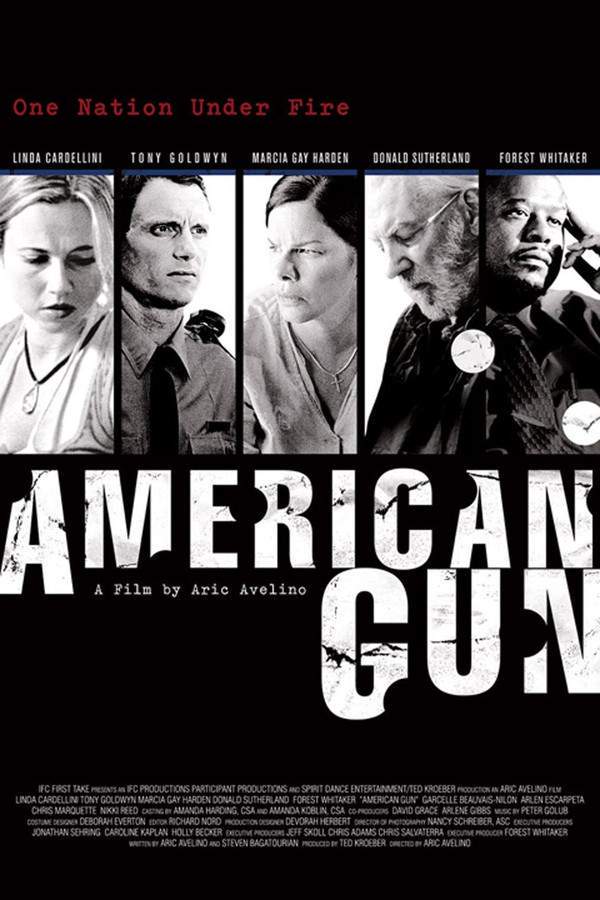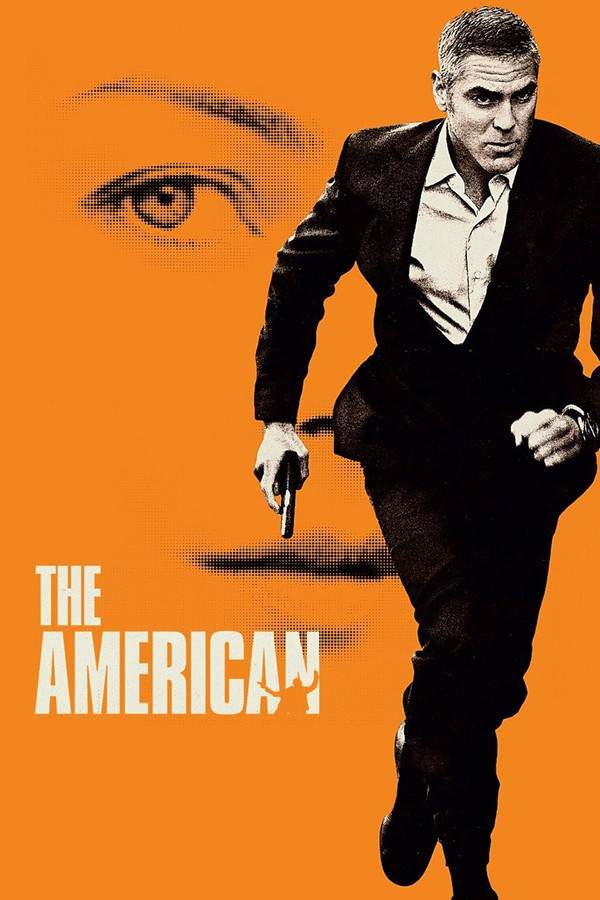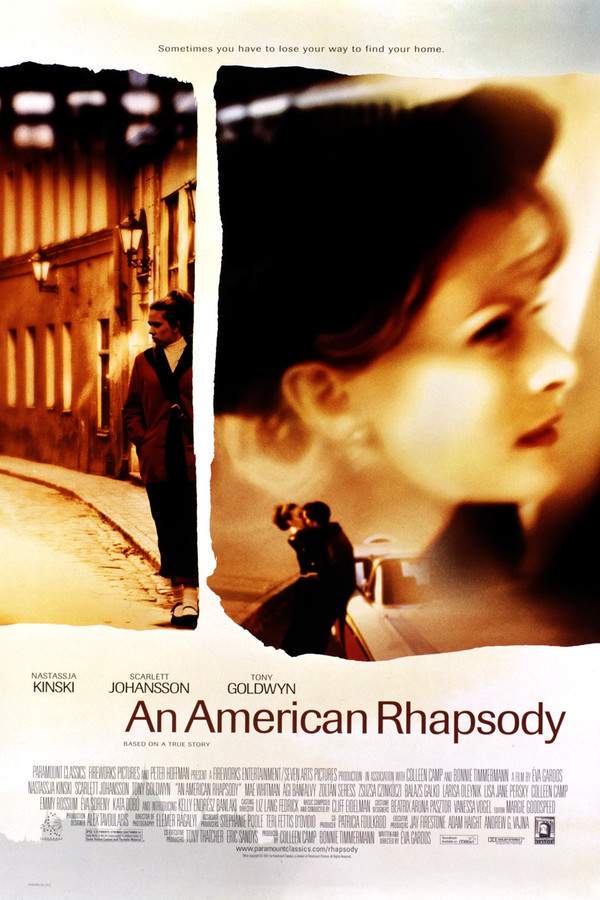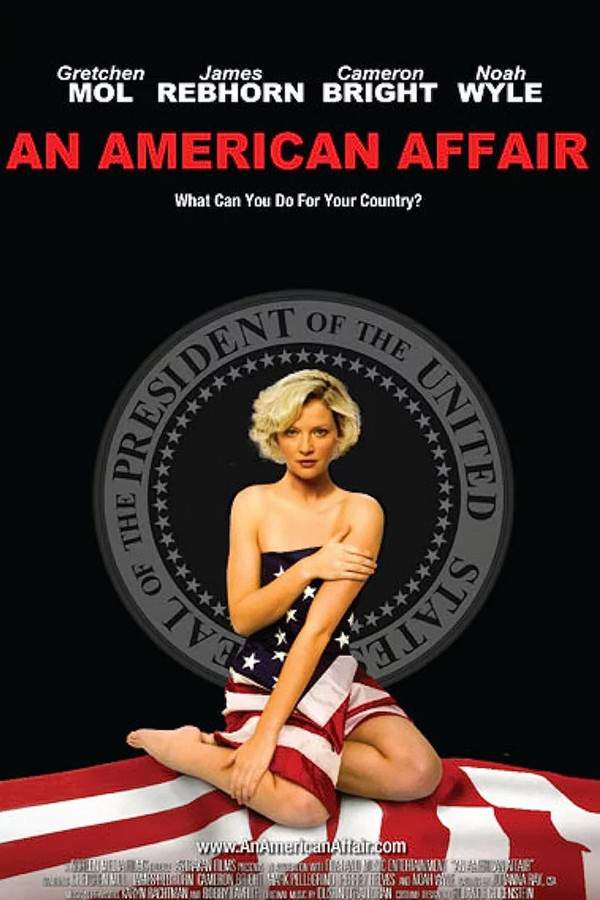American Pastoral 2016
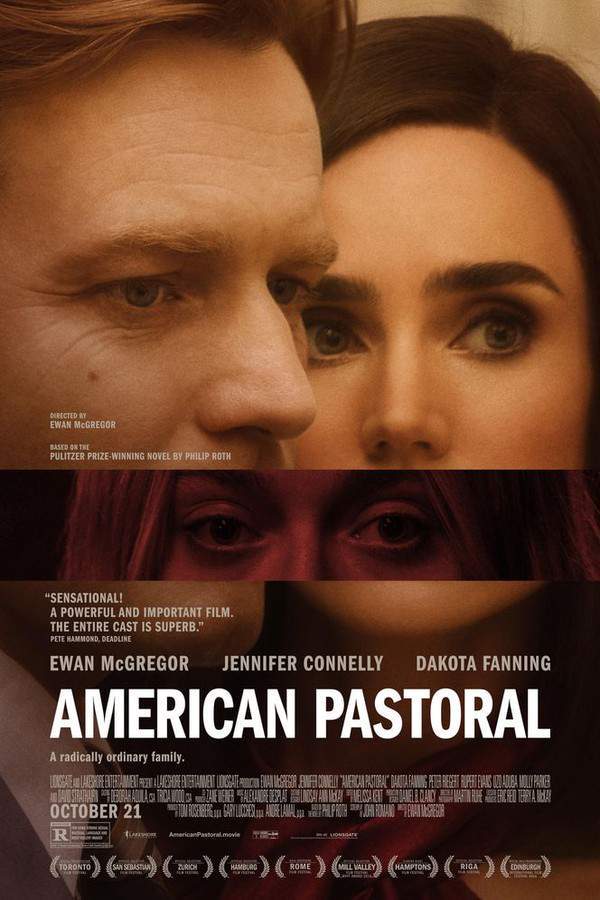
In this poignant drama, Seymour "Swede" Levov, a successful businessman, sees his seemingly perfect life shattered when his teenage daughter Merry disappears after being implicated in a shocking act of violence. Driven by a desperate hope to find her and restore his family, Swede embarks on a search that forces him to confront painful truths about American society and the hidden turmoil within his own family, challenging the carefully constructed image of their privileged life.
Does American Pastoral have end credit scenes?
No!
American Pastoral does not have end credit scenes. You can leave when the credits roll.
Meet the Full Cast and Actors of American Pastoral
Explore the complete cast of American Pastoral, including both lead and supporting actors. Learn who plays each character, discover their past roles and achievements, and find out what makes this ensemble cast stand out in the world of film and television.
External Links and Streaming Options
Discover where to watch American Pastoral online, including streaming platforms, rental options, and official sources. Compare reviews, ratings, and in-depth movie information across sites like IMDb, TMDb, Wikipedia or Rotten Tomatoes.
Ratings and Reviews for American Pastoral
See how American Pastoral is rated across major platforms like IMDb, Metacritic, and TMDb. Compare audience scores and critic reviews to understand where American Pastoral stands among top-rated movies in its genre.

43
Metascore
6.0
User Score


24%
TOMATOMETER

32%
User Score

6.1 /10
IMDb Rating

62
%
User Score

2.8
From 8 fan ratings

3.50/5
From 6 fan ratings
Take the Ultimate American Pastoral Movie Quiz
Challenge your knowledge of American Pastoral with this fun and interactive movie quiz. Test yourself on key plot points, iconic characters, hidden details, and memorable moments to see how well you really know the film.
American Pastoral Quiz: Test your knowledge on the complex narrative and characters of 'American Pastoral'.
What is Seymour Levov's nickname?
Swede
Sey
Lev
Merry
Show hint
Full Plot Summary and Ending Explained for American Pastoral
Read the complete plot summary of American Pastoral, including all major events, twists, and the full ending explained in detail. Explore key characters, themes, hidden meanings, and everything you need to understand the story from beginning to end.
Seymour Levov, affectionately referred to as “Swede,” has passed away, and his life story unfolds through a series of flashbacks. Hailing from a Jewish family, Swede dedicated his efforts to the glove factory founded by his father, Lou Levov. As he prepares to marry Dawn Dwyer, a former beauty queen, they engage in a tense conversation with Lou about the religious upbringing of their future children. Lou tries to impose his views, but Dawn harshly asserts that they will not have kids if it means raising them as Jews. Swede manages to mediate between his father and fiancée, smoothing over the tensions.
The Levovs lead what appears to be an idyllic life amidst the serene backdrop of post-war 1950s America. Their impressive country home in Newark is a testament to their prosperity, and Swede presents himself as a considerate employer, enjoying the loyalty of his staff while commuting to the factory daily. Dawn’s life revolves around raising cattle, and together they have a daughter named Meredith, affectionately called Merry, who struggles with a debilitating stutter. Despite their attempts to help her through speech therapy, progress remains elusive. A new therapist, Sheila, suggests that Merry’s stutter stems from her unexpressed frustrations towards Dawn—a notion the Levovs dismiss, but they ultimately allow Merry to continue seeing Sheila due to the rapport she shares with her.
As Merry enters her teenage years in the tumultuous mid-to-late 1960s, she develops a rebellious attitude, particularly against her mother, Dawn. Isolated from friends at home, she nonetheless secures weekends in New York City, much to her parents’ dismay. Despite their unease about her companions, Swede and Dawn reluctantly permit her outings until one fateful evening when Merry fails to return by curfew. After anxiously waiting for her arrival, their reunion is fraught with tension, resulting in a heated argument and a narrow escape from a gang brawl.
The events take a dark turn when Merry’s actions lead to a devastating bombing at the local post office, claiming a man’s life. A search for her begins, with the FBI investigating and Swede and Dawn struggling to comprehend their daughter’s involvement in such a catastrophic act. In their disbelief, they suspect that Merry has been manipulated by radical influences. The search grows grim as evidence mounted by the FBI underscores Merry’s radicalization, further deepening their despair.
An intriguing character named Rita Cohen visits Swede’s factory, posing as a customer while harboring ulterior motives. When she requests Merry’s cherished scrapbook, everything signals a dangerous shift. Swede’s desperate plea for answers about Merry falls on deaf ears, and Rita coldly conveys Merry’s disdain for her parents. Meanwhile, Dawn spirals into despair, selling off parts of the farm and ultimately suffering a breakdown that lands her in the hospital. In her hazy recovery, she laments her life’s trajectory, realizing she’s lost her dreams of teaching for the life of a secluded “princess” beside Swede.
As tensions persist, Dawn undergoes plastic surgery to regain her youth, subsequently drifting into an affair with a younger man, leaving Swede heartbroken but passive. In a twist of fate, Swede spots Rita in Manhattan and confronts her about Merry’s whereabouts. She reluctantly divulges that Merry is now involved with a vet clinic, instructing him to keep his distance to protect her.
Upon arriving at the clinic, Swede is taken aback by Merry’s appearance—grubby, veiled, and transformed by her new beliefs as a Jain, leading a life that eschews conventional hygiene and societal norms. In their emotional exchange, Swede learns Merry has been in hiding since the bombing and endured harrowing experiences, including sexual assault, during this tumultuous time. Despite his longing for her to return home, Merry stubbornly refuses, wishing to sever ties altogether.
Years pass with Swede heartbroken yet hopeful for his daughter’s return. After his death, the past collides with the present as Merry appears at his funeral, metamorphosed into a version of herself that prompts disbelief from Dawn—a haunting culmination of a family fractured by misunderstandings, turmoil, and the shadows of the past.
Uncover the Details: Timeline, Characters, Themes, and Beyond!

Coming soon on iOS and Android
The Plot Explained Mobile App
From blockbusters to hidden gems — dive into movie stories anytime, anywhere. Save your favorites, discover plots faster, and never miss a twist again.
Sign up to be the first to know when we launch. Your email stays private — always.
Watch Trailers, Clips & Behind-the-Scenes for American Pastoral
Watch official trailers, exclusive clips, cast interviews, and behind-the-scenes footage from American Pastoral. Dive deeper into the making of the film, its standout moments, and key production insights.
Cars Featured in American Pastoral
Explore all cars featured in American Pastoral, including their makes, models, scenes they appear in, and their significance to the plot. A must-read for car enthusiasts and movie buffs alike.
American Pastoral Themes and Keywords
Discover the central themes, ideas, and keywords that define the movie’s story, tone, and message. Analyze the film’s deeper meanings, genre influences, and recurring concepts.
American Pastoral Other Names and Titles
Explore the various alternative titles, translations, and other names used for American Pastoral across different regions and languages. Understand how the film is marketed and recognized worldwide.
Similar Movies To American Pastoral You Should Know About
Browse a curated list of movies similar in genre, tone, characters, or story structure. Discover new titles like the one you're watching, perfect for fans of related plots, vibes, or cinematic styles.
Quick Links: Summary, Cast, Ratings, More

What's After the Movie?
Not sure whether to stay after the credits? Find out!
Explore Our Movie Platform
New Movie Releases (2026)
Famous Movie Actors
Top Film Production Studios
Movie Plot Summaries & Endings
Major Movie Awards & Winners
Best Concert Films & Music Documentaries
Movie Collections and Curated Lists
© 2026 What's After the Movie. All rights reserved.




























